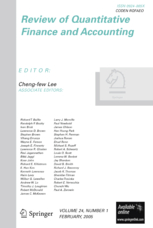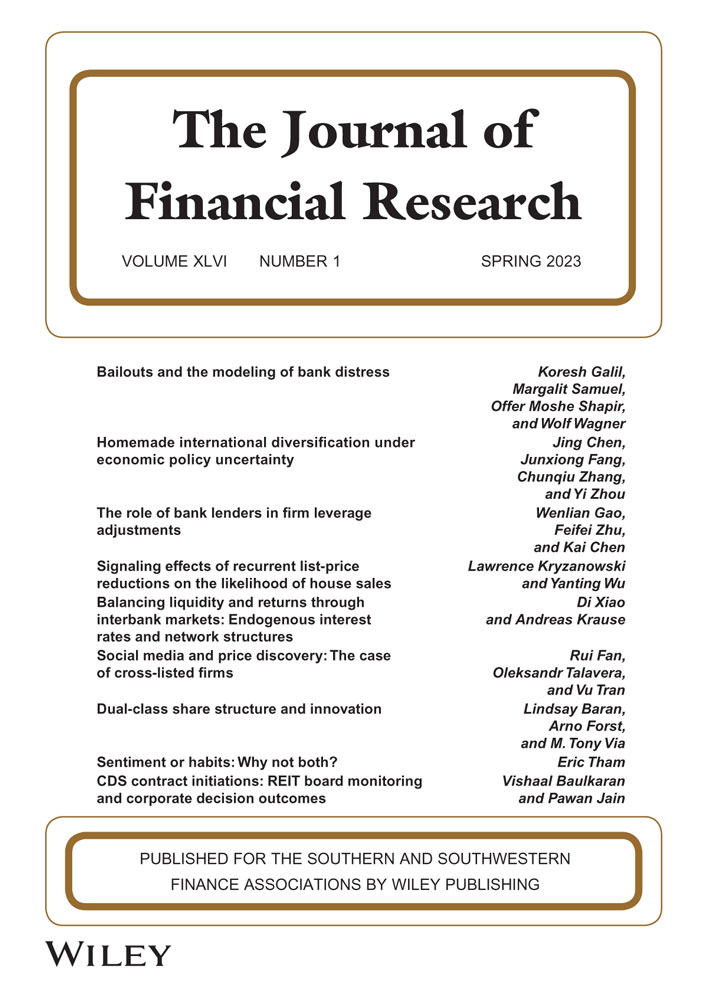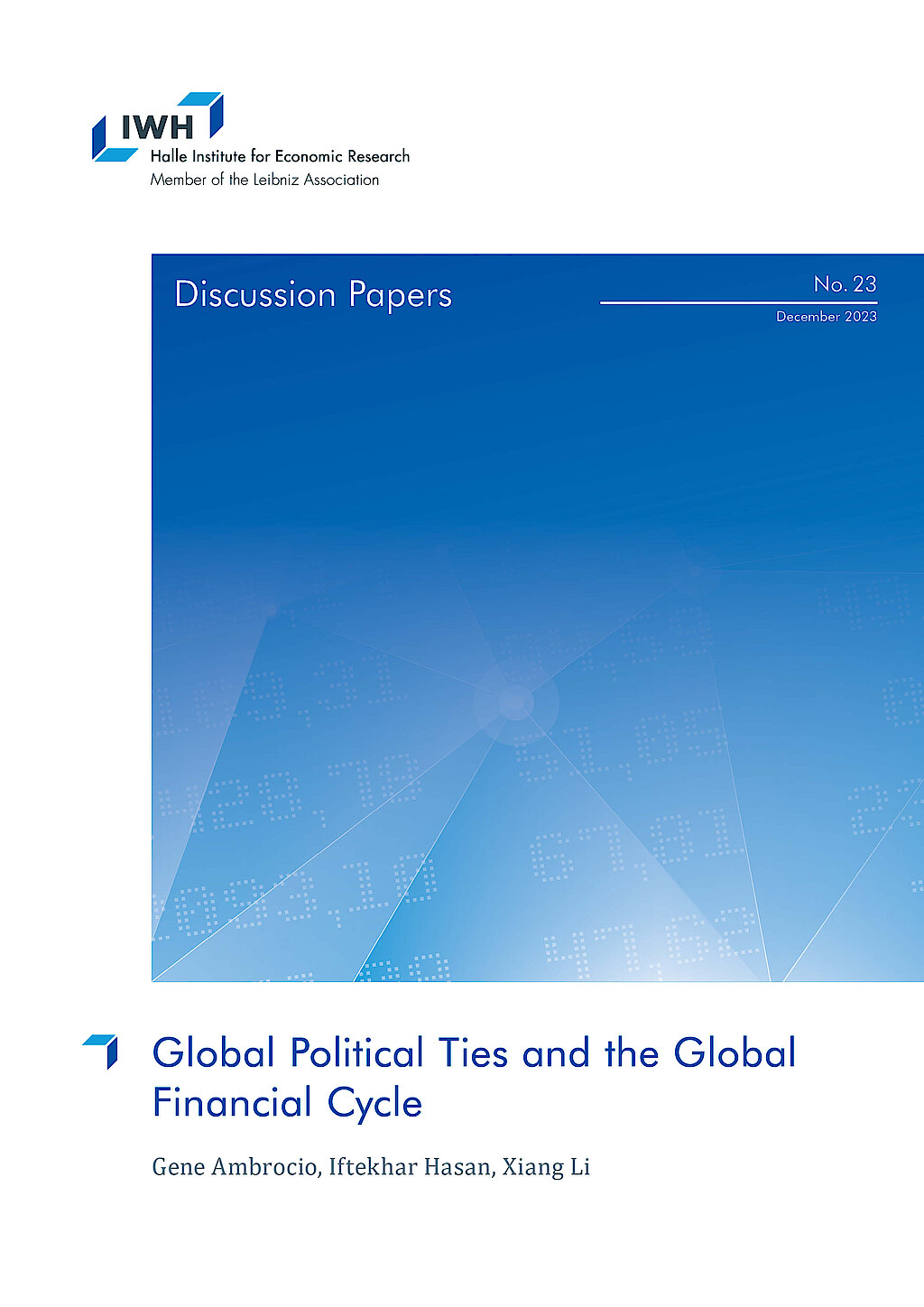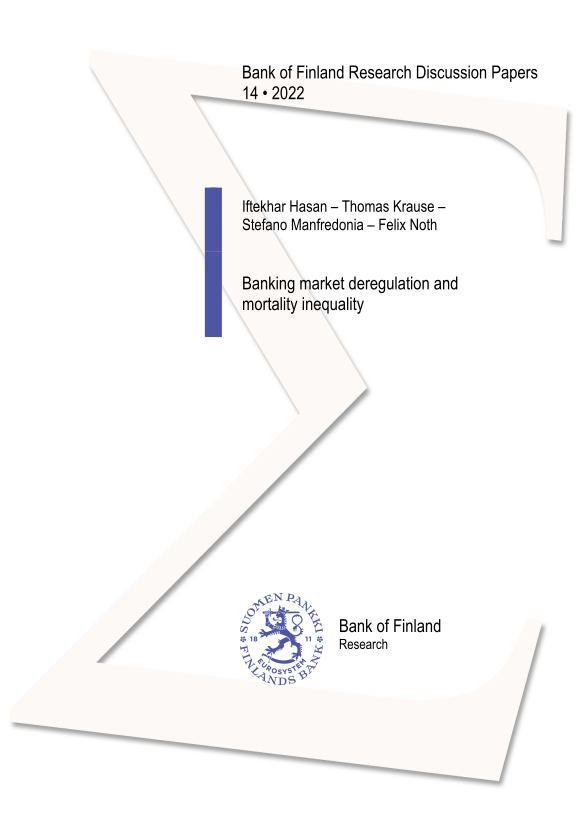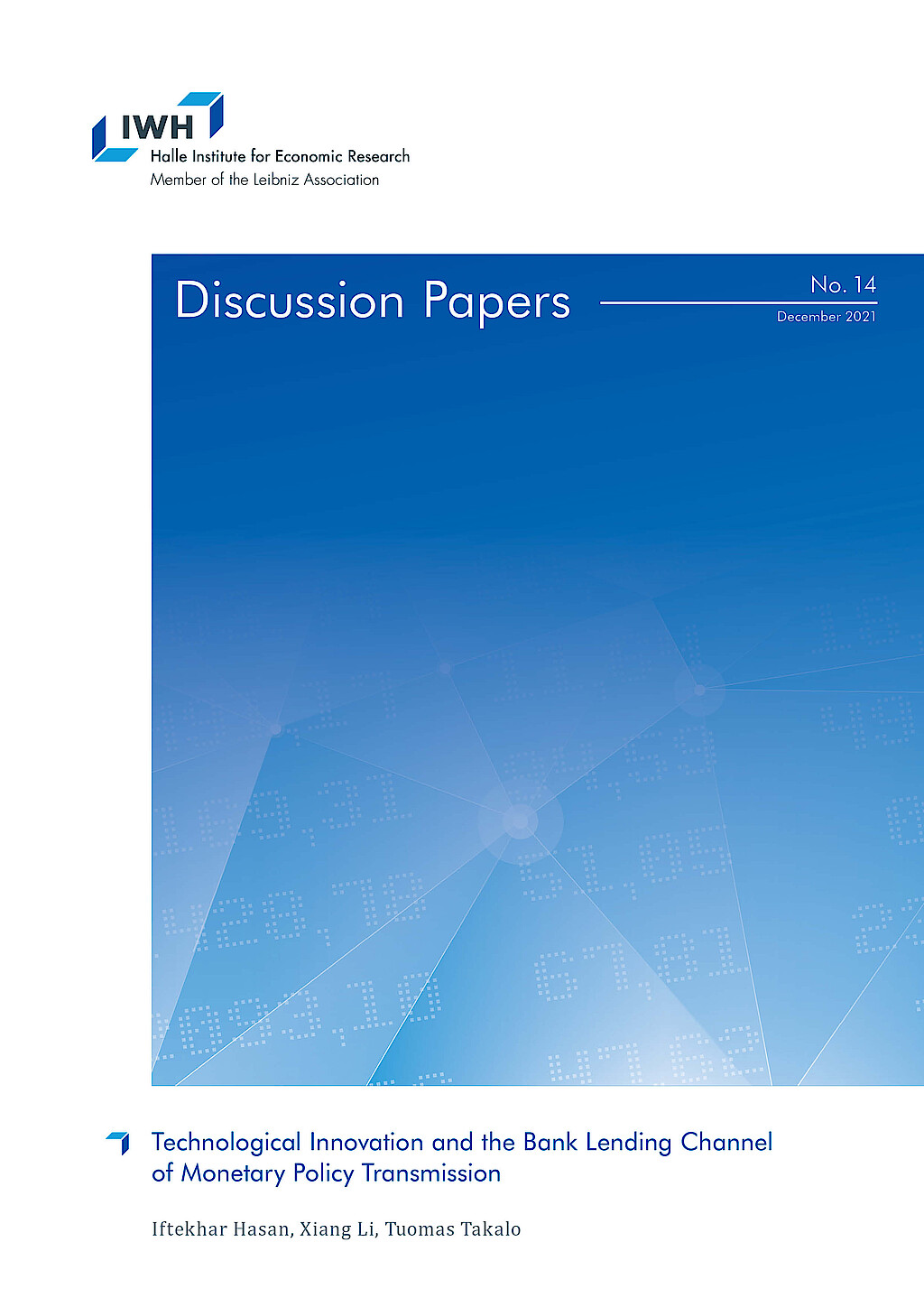Professor Iftekhar Hasan, Ph.D.

Aktuelle Position
seit 12/16
Research Fellow der Abteilung Finanzmärkte
Leibniz-Institut für Wirtschaftsforschung Halle (IWH)
seit 1/11
University Professor und E. Gerald Corrigan Chair in Finance
Gabelli School of Business, Fordham University
Forschungsschwerpunkte
- Unternehmensfinanzierung
- Banken
- Finanzbuchhaltung
Iftekhar Hasan ist seit Dezember 2016 Research Fellow am IWH. Seine Forschungsinteressen umfassen Kapitalmärkte, angewandte Unternehmensfinanzierung, Risikokapital, Schwellenmärkte, internationales Bankwesen und Finanzbuchhaltung.
Iftekhar Hasan unterrichtet an der Fordham University und leitet dort das Doktorandenprogramm. Darüber hinaus fungiert er als wissenschaftlicher Berater für die finnische Zentralbank und als Chefredakteur des Journal of Financial Stability.



